Data Science & Developer Roadmaps with Chat & Free Learning Resources
non-relational-databases
Non-relational databases, often referred to as NoSQL databases, are designed to store and manage data in a flexible, non-tabular format. Unlike traditional relational databases that organize data into structured tables with predefined schemas, non-relational databases allow for unstructured, semi-structured, or structured data to be stored in various formats, such as key-value pairs, documents, or graphs. This flexibility makes them ideal for handling large volumes of diverse data, particularly in applications where data requirements may evolve over time. Non-relational databases are widely used in scenarios involving big data, real-time web applications, and content management systems.

Relational vs. Non-Relational Databases
Before we dive into relational and non-relational databases, let’s understand what a database is. A database is data stored on a computer that can be accessed when you need it. Databases structure…
📚 Read more at Level Up Coding🔎 Find similar documents

A Comprehensive Comparison of Relational and Non-Relational Databases
In the ever-evolving landscape of database management systems, the choice between relational databases (RDBMS) and non-relational databases (NoSQL) significantly impacts application performance and sc...
📚 Read more at Javarevisited🔎 Find similar documents
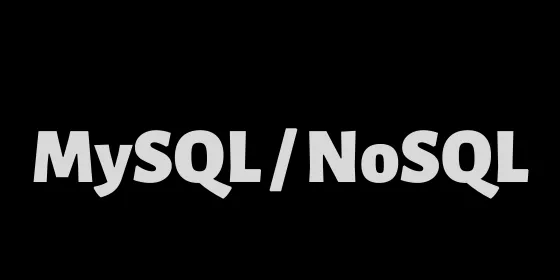
A Beginner’s Primer to Relational vs. Non-Relational Databases
A quick overview of relational (SQL) and non-relational (NoSQL) databases, what they are, how they differ, and use cases for each. At a very high level, relational databases like MySQL, PostgreSQL…
📚 Read more at Level Up Coding🔎 Find similar documents

Weighing the Options: Relational vs. Non-Relational Databases’ Strengths and Weaknesses
In the world of databases, there has been an ongoing debate about the merits of relational databases versus non-relational databases, also known as NoSQL databases. Some argue that relational database...
📚 Read more at Level Up Coding🔎 Find similar documents
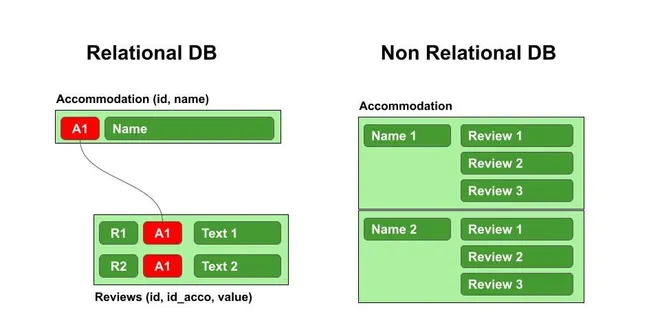
Relational VS Non Relational Databases
Choosing the right database for storing your data is not always an easy choice. In fact, if in the first instance, the use of a relational database might seem more natural, in some cases this choice…
📚 Read more at Towards Data Science🔎 Find similar documents

System Design Fundamentals: NoSQL Databases
NoSQL databases are non-relational databases. They do not use SQL as their name implies, nor do they adhere to the strict structural… Continue reading on Level Up Coding
📚 Read more at Level Up Coding🔎 Find similar documents

8 Examples to Query a NoSQL Database
NoSQL refers to non-SQL or non-relational database design. It provides an organized way of storing data but not in tabular form (i.e. labelled rows and columns). The common structures adapted by…
📚 Read more at Towards Data Science🔎 Find similar documents
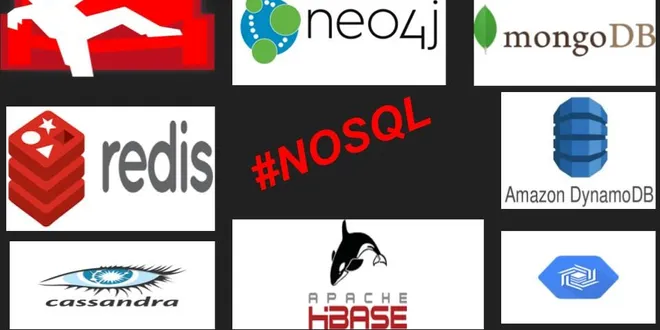
No-SQL databases — An Introduction
An introduction to NoSQL databases and their comparison with the traditional and still popular RDBMS
📚 Read more at Analytics Vidhya🔎 Find similar documents
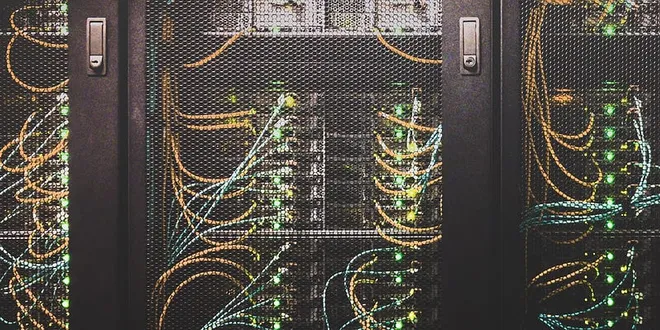
Comparing Relational and Non-Relational Database Management Systems | SQL vs NoSQL
Relational Databases (SQL) vs Non-Relational (NoSQL) Continue reading on Towards Data Science
📚 Read more at Towards Data Science🔎 Find similar documents

Practical NoSQL Guide with MongoDB
NoSQL refers to non-SQL or non-relational database design. It provides an organized way of storing data but not in tabular form like SQL. The common structures adapted by NoSQL databases to store…
📚 Read more at Towards Data Science🔎 Find similar documents
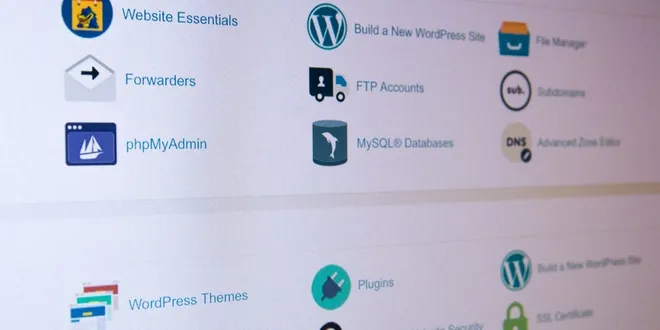
NoSQL Databases — The Solution to a Fast-Paced, Smartphone World
Relational databases are a foundational component of modern technology. They are everywhere nowadays, particularly since they have been around since the 1970s (Shoutout IBM! ✊). And they are…
📚 Read more at Towards Data Science🔎 Find similar documents
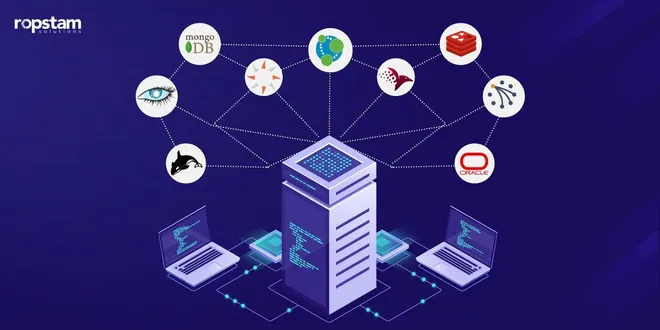
The World of NoSQL Databases: A Comprehensive Guide
In the age of big data and distributed systems, databases have become more critical than ever. Enter NoSQL databases, a modern solution that complements or, in some cases, replaces traditional relatio...
📚 Read more at Python in Plain English🔎 Find similar documents

